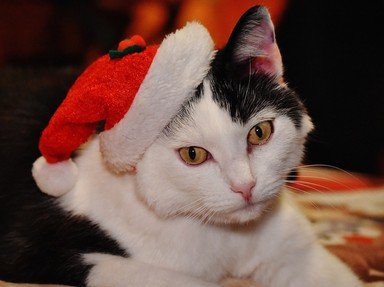
A 'Cat' in the Hat Trivia Quiz
Can you match the definition to the correct word? All the answers start with the letters 'cat'.
This is a renovated/adopted version of an old quiz by author ravenskye
A matching quiz
by rossian.
Estimated time: 3 mins.